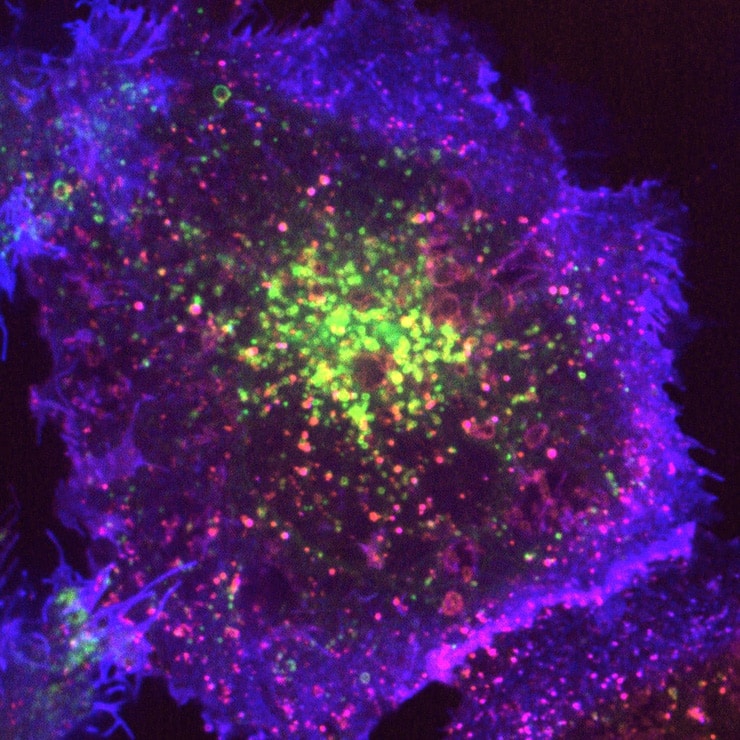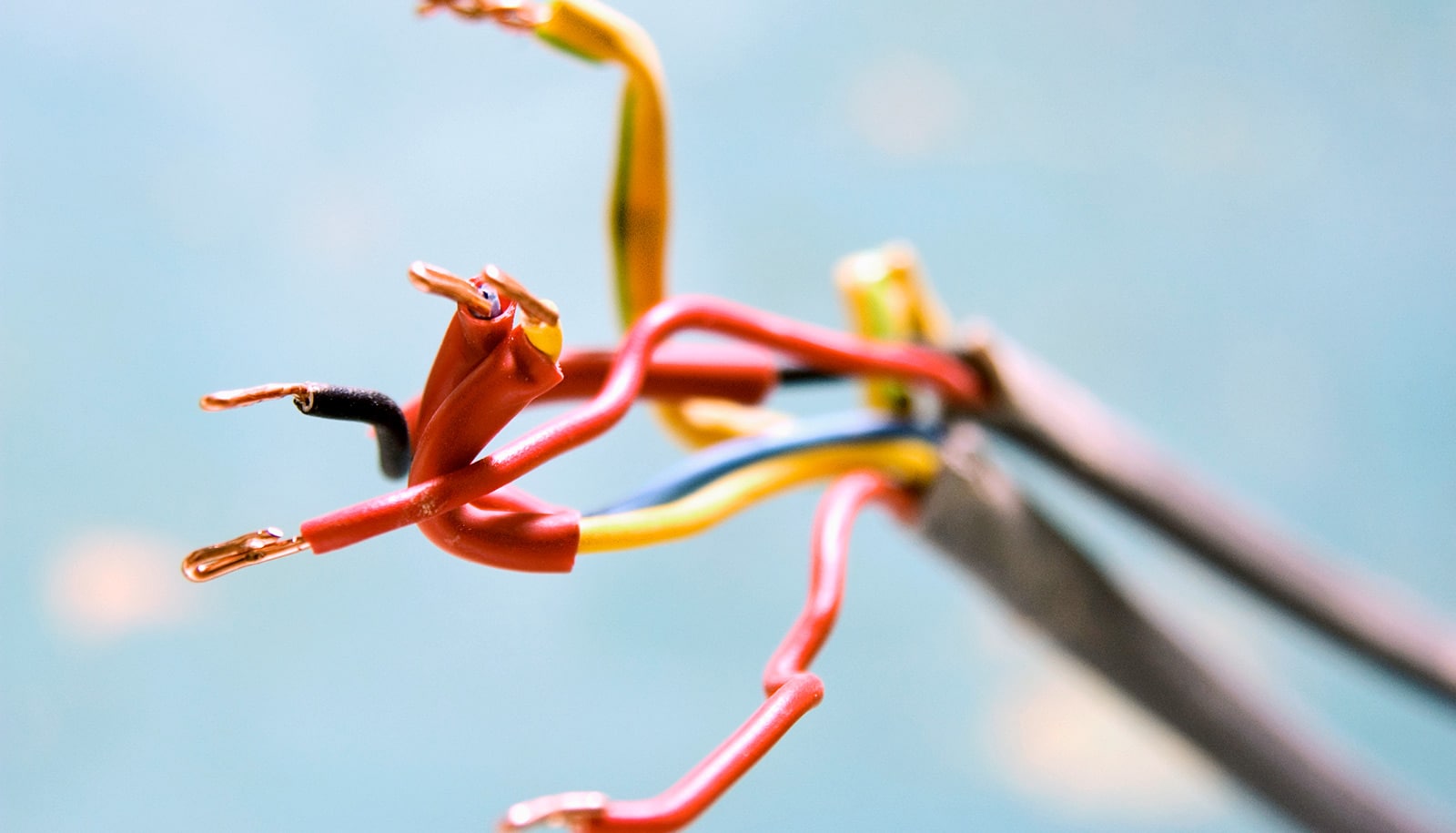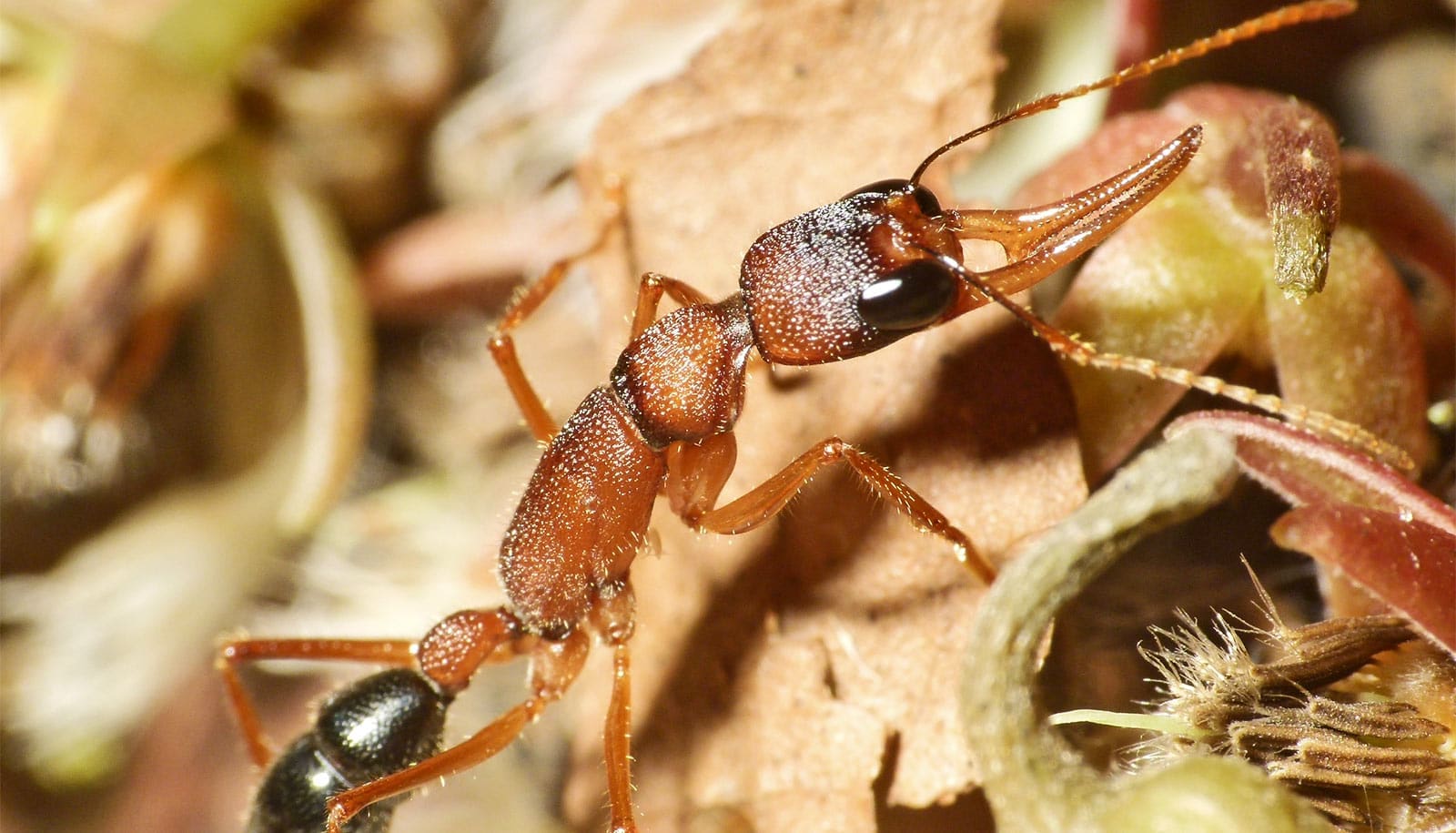Scientists have developed a method for creating endocytosis, a cellular process vital for everything from cell growth to taking in nutrients, in the lab on demand.
The researchers used a chemical rapamycin which diffuses in to the cell allowing them to trigger endocytosis to occur all over the cell.
Endocytosis is very important to the cell. For example, it allows cells to import nutrients to live and controls cell movements, growth, and how cells “talk” to one another.

Cell biologists have studied for decades how endocytosis works however up till now they have found it impossible to control the process.
“We’ve compared our method to ‘hotwiring’ a car. When this happens in the movies, a bad guy breaks into a car and just twists some wires together to start the car and make a getaway,” the researchers say.
“To trigger endocytosis we used the cell’s own proteins, but we modified them. We chopped out all the unnecessary parts and just left the bare essentials. We call the process of triggering endocytosis ‘hot-wiring’ because it is similar to just twisting the wires together rather than having a key.
“It turns out that movies are not like real life, and hotwiring a car is actually quite difficult and takes a while. So our systems are more like the Hollywood version than real life!”
The team also solved the problem of knowing where endocytosis will happen on the cell. This was done by engineering a light-sensitive version of their system. With this new version they used blue light to trigger endocytosis.
Whereas the chemical across the cell the light can be focused in a narrow region causing endocytosis to be triggered only in that region. This allows the team to control where, as well as when, a vesicle that carries nutrients will form.
How cells come back from the brink of death
The new method will allow cell biologists to accurately study the timing of endocytosis and what proteins are required. It also potentially means that molecules can be delivered to cells that they cannot normally enter. Eventually scientists may be able to ‘force feed’ cells with whatever they want, such as drugs or nanoparticles that are not actively taken up by cells.
The study appears in the Journal of Cell Biology.
Source: University of Warwick



